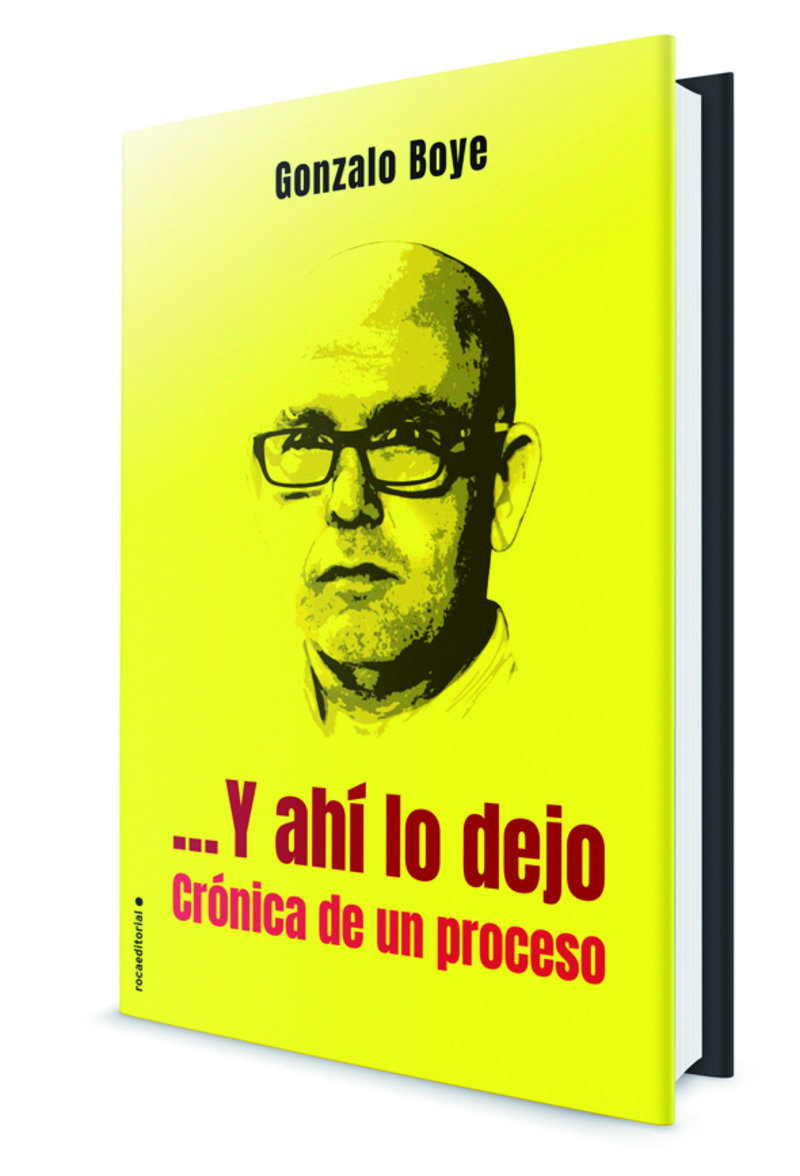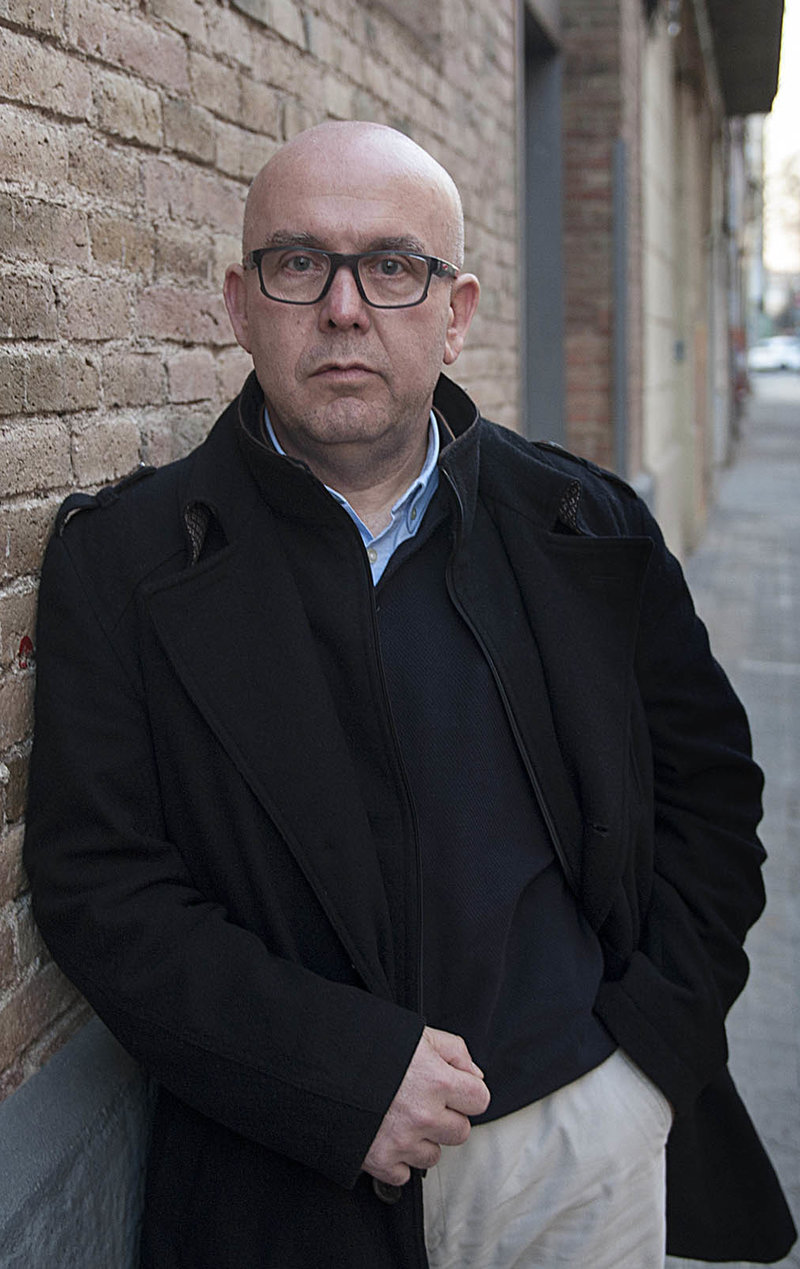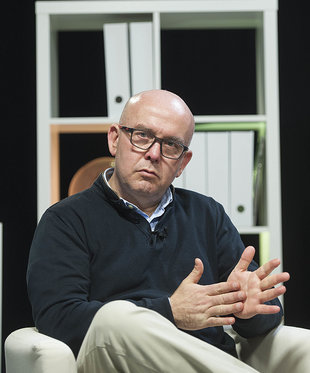You were on a flight on October 28, 2017, when you got a call from Jaume Asens. This is where your connection with the independence process began. What are your thoughts now?
I had no firm opinion about the people involved, because I didn’t know them, but I had thoughts about the process, because I’d seen things that, from a lawyer’s point of view, had not been done well. Another thing is whether an offence had been committed, which is not the case. It was obvious to me that at some point there would be a head-on collision, and there was. Things could have been done differently, I don’t think anyone doubts that. The big problem is that the imposition of direct rule and the indictments have nothing to do with how things were done, but with what the State wanted to do.
Things are seen very differently in Madrid and in Catalonia. Do you think that here there was little understanding of how far the State might go?
There was some ingenuousness, ingenuousness about what confrontation with the State would mean and about the response from part of the State, not the whole State. However, we lawyers don’t have a different view from that of any other citizen. In other words, in law, nothing that has happened should have happened. This is a lawyer’s response. At the same time, seeing how the Spanish State has reacted to different challenges throughout history, it’s clear that it has always acted quite similarly.
In Catalonia, beyond the trial and the political prisoners, is there a risk people will lose faith in the justice system?
Spain’s higher courts are dragging down the credibility of the justice system. Destroying credibility has been quick, rebuilding it will be very difficult, and may require a radical change in the structure of judicial power.
You seem sure that Carles Puigdemont will get immunity if elected as an MEP.
Immunity is granted the moment the electoral results are announced. Whether that immunity is respected or not is another matter, but that’s a decision for the Supreme Court, to choose on which side of the law it stands. They don’t have immunity, nor impunity, and we’re showing that with the lawsuit in Belgium against judge Pablo Llarena. The fact is that he’ll have immunity if elected as an MEP. Yet, there are still weeks to go, and it remains to be seen whether voters support him. I’ve done my part, now it’s down to the voters.
If he is elected, the Spanish judiciary can appeal to the European Parliament. But with the ruling by the Schleswig-Holstein court, could they only do so on the grounds of misuse of public funds?
They can appeal on whatever grounds they want to indict him for.
Even taking into account the court’s ruling in Germany…?
The Supreme Court is not taking any of that into account. It’s trying a group of politicians for events that Germany says were not criminal, at least in democratic states.
So you don’t rule out an appeal on the grounds of rebellion?
Or maybe child molestation or armed robbery! The Supreme Court doesn’t care.
Would this appeal also depend on the make-up of the European Parliament?
The issue is that some take for granted that the appeal will go ahead and that it’ll be admitted. That they will appeal, I’ve no doubt, yet thinking that it will be accepted is to assume too much. When, for example, we have a foreign minister who kicked up such a fuss in an interview. That interview and his attitude were more revealing than anything Mr Borrell has said since becoming minister. If I were Pedro Sánchez, I’d have sacked him.
Is the case of Puigdemont’s immunity analogous to that of the defendants standing in the general election?
It’s different, because immunity prevents arrest, and they’ve already been detained. Yet, out of good democratic principles they should all be treated equally and be allowed to campaign, take their seats and then make the necessary appeals. But, it seems the Supreme Court isn’t interested in that.
So what you’re saying is that even if people vote for them, it won’t count?
It already happened in the election on December 21, 2017, but, clearly what they can’t do is rewrite the law. There have also been cases of others who have taken their seats while in prison. In those cases, the Supreme Court takes on a role that a judicial body should never have.
You also represent president Torra.
I have that honour. It’s a lawsuit that does not stand up. It doesn’t have the necessary elements to be criminal, because there would have to be disobedience to a higher power, and the electoral board (JEC) is not above president Torra. At the same time, there would have to be an example of disobedience and there isn’t. President Torra has made a series of allegations to the JEC and the JEC has been modifying the object of debate and ended up imposing certain criteria, and we believe these criteria go against the law. They are illegal and so arbitrary, and that amounts to perversion of justice by the JEC. That’s why we’ve launched a lawsuit against the members of the JEC.
How important is it that two members of the JEC are also part of the Supreme Court trying the leaders?
It’s another irregularity among many we’ve seen in the trial. It’s hard to explain how in the morning they can be judges trying a case against politicians and in the afternoon be the people making resolutions on the neutrality of an electoral system in which the defendants are taking part.
What stage is the lawsuit against judge Llarena at now?
We are at the stage of presenting the allegations. We put ours forward on March 13, and now it lies with Llarena’s lawyer and the Spanish State. This is a procedure with three rounds of allegations, and it comes to an end on December 19, if I remember correctly. That means that in January there will be a hearing at which the court is obliged to present a preliminary question we have proposed to Luxembourg. After Luxembourg rules on that, then there will be sentencing.
If the courts rule that the defendants’ presumption of innocence was infringed by Llarena’s statements while the investigating judge, will the case against them collapse?
It will strengthen the convicted defendants’ appeal to the European Court of Human Rights, because there will be a court that will have said: “This happened.” That will be a legal fact we can work with in Strasbourg.
In the book you say that 2018 was about mounting a defence and that 2019 would be about mounting an attack. What does that mean?
There are civil lawsuits and other initiatives that will become public in the next few weeks. We have defended our position, we have consolidated it and we’re ready for the issuing of a third arrest warrant. What has to happen now is to go on the attack in a procedure that should never have happened. Let me emphasise: this is a political problem that required a political response. It has been judicialised and we have to undo that so the independence process can return to the political arena. And that takes time. But it’s not all about defence. A sector of the Spanish State is committing serious irregularities in the area of rights and freedoms. We’ll take the battle to all the European courts we have to. It will be an attack in the legal sphere.
We are also waiting for the UN to rule on appeals…
People should pay attention because over the next few weeks a lot will happen in the legal sense. We’ll announce them. Each has its own moment, its own form, its own aim. Together they make up a large jigsaw puzzle that is the legal internationalisation of the conflict. The political internationalisation of the conflict is down to president Puigdemont and the other ministers.
The domino effect proposed from the first day?
That’s right. The difference between the Spanish strategy and our strategy is that the Spanish one is improvised and ours is planned out. There’s a sector of the State that’s rotten, which believes it has to defend the unity of the nation at any price, even at the price of preventing the democratic progress.
Have the defences lined up the pieces well enough in this domino effect?
The domino effect is only about the strategy abroad. There is still time to introduce it into the trial. There are things that have been done well in the trial and others that haven’t. Colleagues like Andreu Van den Eynde and Jordi Pina have done well, such as demanding time and again that video footage be shown. Also Cuixart’s defence. It is important to do this because it is not the same to ask for footage to be shown and then be turned down, as to be able to say you asked for it 48, 56 or 90 times, but were always denied with such puerile arguments as “it’s playing to the gallery”.
Judge Marchena says the videos will be shown in time…
That is kicking the can down the road. If a witness says something and then I show them an image showing the opposite, it would be interesting to see how the witness explains the contradiction. They have avoided that. And that threatens the right to defence and, to my mind, also the right to judicial impartiality.
But the charges against the defendants will have to be proved.
It doesn’t matter, because the theory is they were the instigators and intellectual heads of the rebellion, which was channeled through Cuixart and Sánchez. And that spread to those rebel masses, those human walls, those crowds…
But this link must be proved.
Does anyone think this trial was necessary? I believe it’s a procedure to get to a result. From Erdogan’s view the events are very serious, but not criminal from the perspective of a democratic court, such as Schleswig-Holstein. This is the debate. Is there any doubt about what happened on September 20 or October 1? Everyone saw what happened. The debate is different. I personally don’t care if this person or that was insulted. What interests me is what type of criminal rights we want in a democratic society.
You say the defence should not focus on individuals, but rather on defending millions of Catalans.
More than a collective defence it has to be by representation. That means those who voted and those who protested are being judged through their representatives.
In your book, you regret not being one of the defence lawyers in the Supreme Court, but now you say perhaps it is better you aren’t. What changed?
I don’t like to go where I’m not wanted. What’s more, I’d have a totally different strategy, and that would generate pressure I’m not sure everyone would be willing to put up with. I believe it’s a trial that deserves more tension; it’s about confrontation, a clash of two interpretations of democracy.
From the start you’ve said the defendants will be convicted. What about the rumours they will get light sentences?
People tend to pay more attention to rumours than fact-based analysis. If we, the international defence, have made no mistakes it’s because we don’t make decisions based on sentiment. We carry out dispassionate, cold and technical analysis.
Do you have an ideological connection with the people you are defending?
I defend public rights and freedoms, and this is the link with the people I’m defending. For us to be in agreement in political, economic and philosophical terms seems to me as a lawyer to be an exaggeration.
You use litigation as a strategic tool of transformation. Are you an idealist?
No, I think we should try to achieve ideals through legal means, and that’s what makes me fight on. I’ve always considered idealists utopian, but the goals I set I consider to be achievable. Otherwise, I wouldn’t waste my time, because I am a pragmatic person. And I’m not the only one, as there are a group of lawyers in Europe who do this type of law.
Does your vocation for defending human rights come from being convicted for a crime that you have always said you did not commit?
I felt the vocation even before becoming a lawyer. I’ve always felt drawn to lost causes. My father was always against the dictatorship and its repression, and that left a mark.
How do you think the Catalonia-Spain conflict will develop?
I think the problem will go on for a long time. The Spanish State is not mature enough to tackle all issues, such as Catalans freely choosing what they want to do.
Will it take a long time to get there?
I don’t know. I always give the same example. I was in Germany when the Berlin Wall began falling, and I and my wife decided to go and see it the next day. But it was too late and it had already fallen. Sometimes history seems to go on forever and sometimes it comes all at once.
interview
interview






